HEALCARe improves the position of patients in Tanzania
- Onderzoeksproject
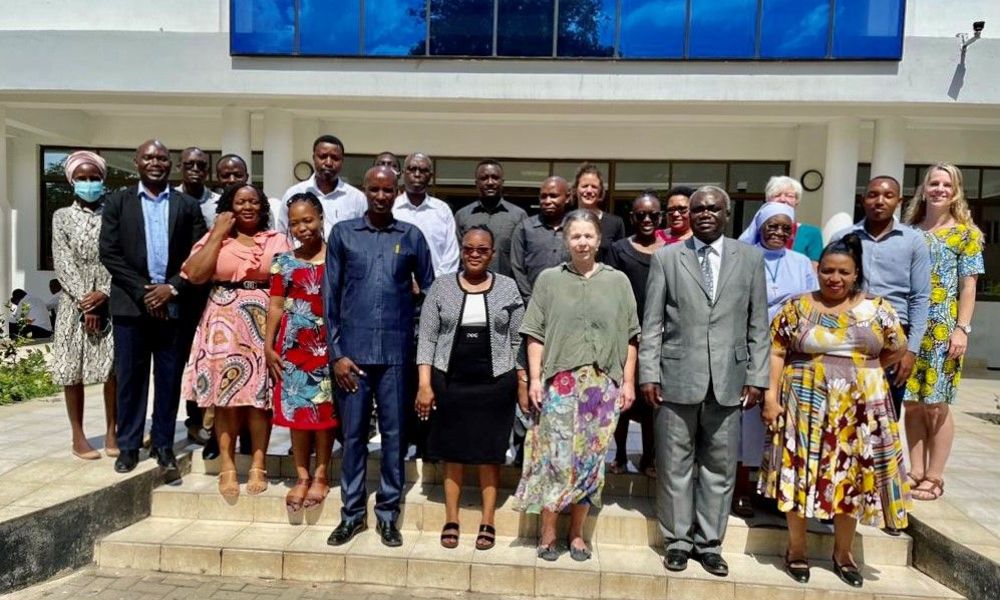
HEALCARe is an Erasmus+ KA2 capacity building project under coordination of the research group Nursing Diagnostics. This project will improve quality of care in health services by revisiting the bachelor nursing curriculum on health literacy-, respectful- and compassionate care competences in the United Republic of Tanzania.
The wider objective of this project is to improve the quality of care in the health services. Tanzania has adopted the Patient Charter in which patient rights which include shared decision making, informed consent in order to guarantee proper information for patients.
The national curriculum of bachelor nursing and midwifery is technically sound nowadays, but shows considerable gaps concerning communication and applying respectful care. While competency-focused education is now the standard in higher level and vocational training in Tanzania, it is insufficiently applied. A national revised bachelor curriculum of bachelor nursing and midwifery in which bachelor students apply respectful and compassionate care (RCC) applying health literacy competences will fill this gap. With the expected result that patients will feel respected by nurses and midwives and will get sufficient answers to their health-related questions. This will improve patient- and family centred care and self-management skills of both patient and family to cope with health problems.
Health literacy competences in nursingand midwifery care improve self-management skills of patients by health professionals giving respectful and compassionate care in health centers in the United Republic of Tanzania.
Health Literacy: nursing diagnosis deficient knowledge, ineffective health maintenance.
1. Revised curriculum for training of Bachelors of Nursing incorporating respectful and compassionate care with a focus on health literacy communication with patients/clients.
2. Improved capacities of university and clinical educators in Bachelor Programmes of Nursing in training nursing students concerning delivering respectful and compassionate care with a focus on health literacy communication with clients.
3. Graduates from the Bachelor Programmes of Nursing who are competent in delivering respectful and compassionate care with a focus on health literacy communication with clients.
4. Curriculum elements and training materials for application in other training programmes of healthcare providers in Tanzania.
The project will make a considerable contribution to the objectives of capacity building of higher education in Tanzania.
The project will give a boost to the concept of competency-focused education. While the Tanzanian education sector has adopted this approach for health workers training it has mainly remained a theoretical concept. With the expertise from European institutions that have hands-on experience in competency-focused training, proper modules can be developed, and trainers can be trained in this approach to education. The adaptation of modules and development of new modules to introduce respectful and compassionate care and health literacy communication will be an innovation in the contents of education and in using "soft skills" for better patient care and patient satisfaction. It will increase the attention in nursing training curricula for human rights.
Educators will be equipped with knowledge and skills for training in a competency-focused way in health literacy competencies and RCC. This will boost their morale and increase their credibility and that of the Universities. They will provide a contribution to the quality of care ambitions of the government and be able to advocate for better adherence to the Patient Charter and patient rights.
The introduction of e-learning combined with face-to-face learning in blended learning is a new way of educating students, that can be implemented in other areas as well.
Graduates will have competencies for provision of quality care. In particular respectful and compassionate care and health literacy communication will be appropriate for the needs of future care and will be part of the accreditation process that the national health insurance will apply from 2025 onwards.
Hospitals will experience improved quality of care. Hospitals will provide communication and care that will reduce clients' complaints, as incidences of mistreatment will be significantly reduced. Acceptability of the hospital services will be higher and overall quality of care is going to improve, e.g. due to improved adherence to treatment due to better health literacy. Recovery time for the clients will be reduced due to reduced hospital stay.
The key focus of this project is on human rights, and patient rights in particular. This is per definition an inclusive activity. The care that will be provided embraces the diversity of all patients.
In general this proposal addresses inclusion of all participants, including the disadvantaged, since RCC itself is advocating for non-discrimination to clients. The project will also focus on sensitizing communities to health literacy, in which all community members will be included. Clients gain greater knowledge and skills on how to cope with their health problems or even prevent them. This will empower clients to make their own choices in life and improve healthy ageing.
Confidence in provision of care: confidence among service providers will improve due to skills improvement and better communication. Also, clients will have more confidence in using services when communication is better and their rights are respected. As a whole this will enhance trust of users of the health services provided in the health sector
Cost reduction: There will be reduced treatment cost for the clients as health literacy will enhance preventive measures and reduce prolonged treatment due to better adherence. This will have a long-term effect.
Technical staff at the ministry will be capacitated in overseeing the project planning, implementation, monitoring and evaluation. This will include competency in management and administration to facilitate effective implementation of RCC and health literacy communication.
Exchange among ministerial staff will provide national learning platforms and sharing best practices in leadership and management.
Due to reduced incidences of mistreatment and malpractice, regulatory authorities will reduce cost for enquiries into incidents. The goal of quality care, which is one of the commitments for the government, is going to be addressed.
There will be a sustainable RCC and health literacy practice at hospitals due to skilled service providers enhanced by behavioural change and an improved infrastructure. Due to the trickling-down effect the training of Bachelor level nurses will also benefit their colleagues, once the quality of the work in leading positions in the healthcare system has been improved.
The innovative character of this project is continuity in learning and care on different levels of healthcare services supported by a Centre of Distance Learning of the Ministry of Health. Through the centre e-learning modules will be accessable for nursing and other healthcare professionals in Tanzania. This will improve interprofessional care in complex patient care and patient safety. All training material developed during the project will be available at the Center of Distance Learning of MoHCDGEC as e-module for all health professionals. Universities will develop a training which can be used for continuous learning for health professionals in Tanzania in three regions.
The training programme will directly improve patient-centred nursing and midwifery care. Patients will be involved in care and are able to make their own decisions to cope with health problems.
Using health literacy focused communication skills by (undergraduate) nurses and midwives will lead to a patient-centered care system where patients can move freely along a care pathway, no matter which resource they need at that moment. And where they are treated with respect and dignity (RCC) by health professionals (nurses and midwives). Because nurses are the linking-pin in care, more health professionals will be influenced.

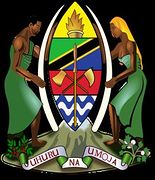
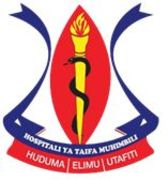
Muhimbili National Hospital is een openbaar academisch ziekenhuis met 1500 bedden in de wijk Upanga West van het district Ilala in de regio Dar es Salaam in Tanzania. Het is het nationale verwijzingsziekenhuis en de academische en onderzoeksfaciliteit voor de Muhimbili University of Health and Allied Sciences.
Muhimbili National Hospital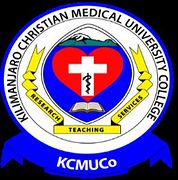

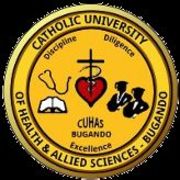
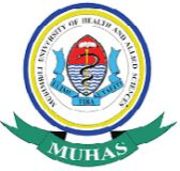
Muhimbili University of Health and Allied Sciences





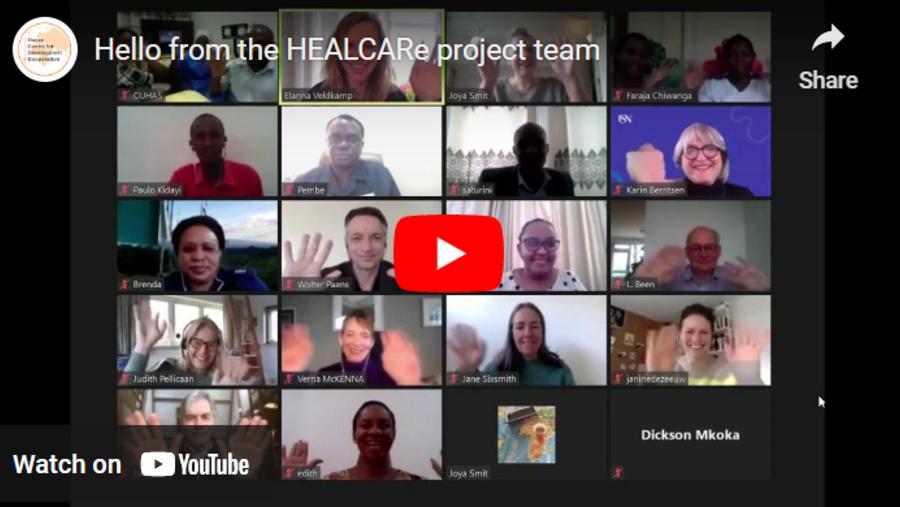
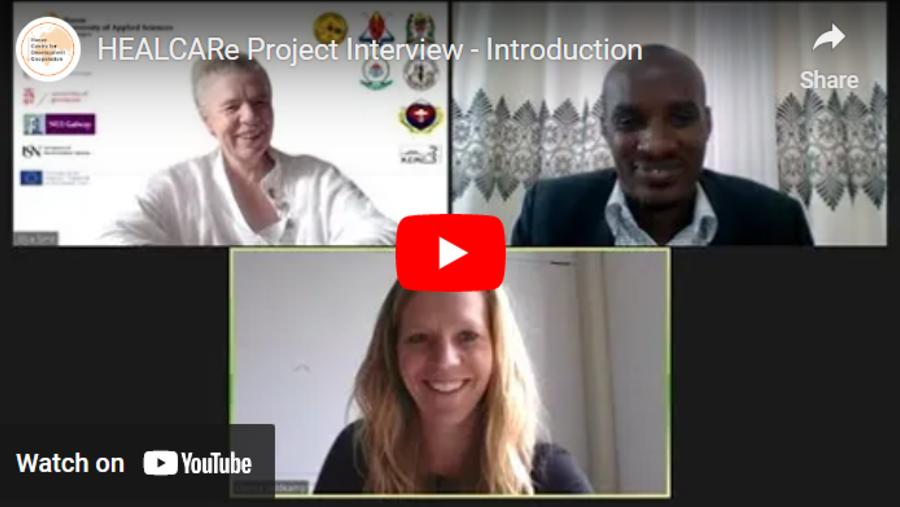
Introduction Project Interview

Lector Advance Care Planning
Hoe tevreden ben jij met de informatie op deze pagina?